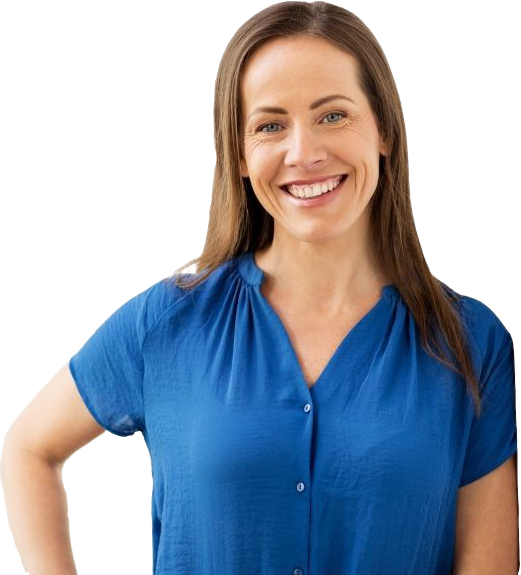Your message has been received and
we'll be in touch shortly.
Check your phone and
reply 'YES' to the SMS.
Whilst we strive to give you the best possible online experience, sometimes it's just nice to chat on the phone with a real person.

Fill in your details and one of our property experts will give you a call back.
Your message has been received and
we'll be in touch shortly.

